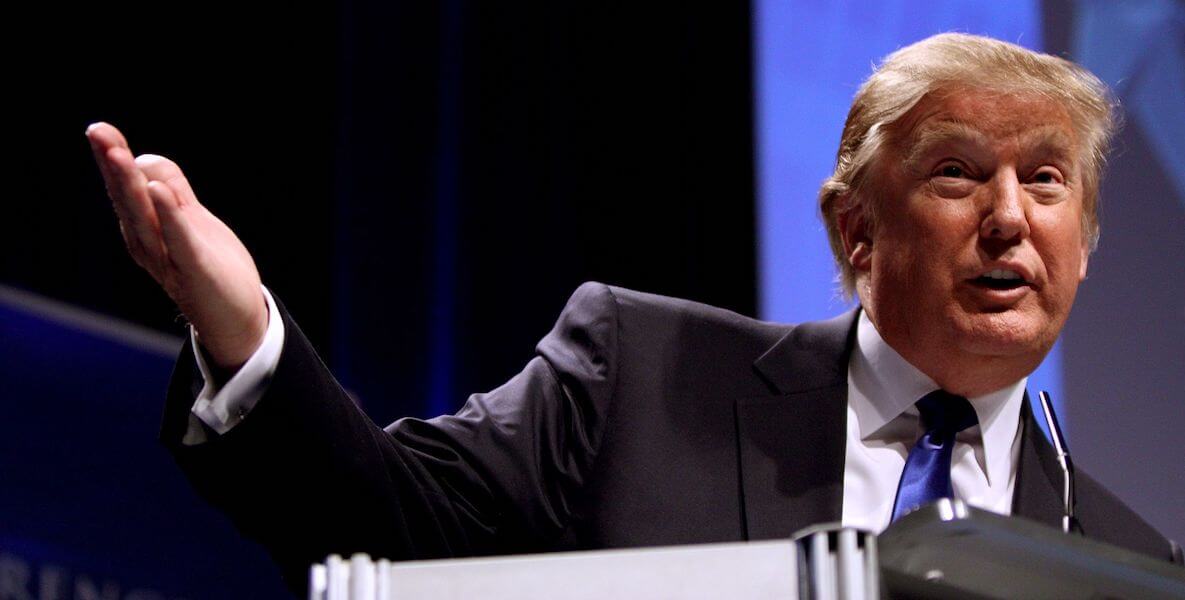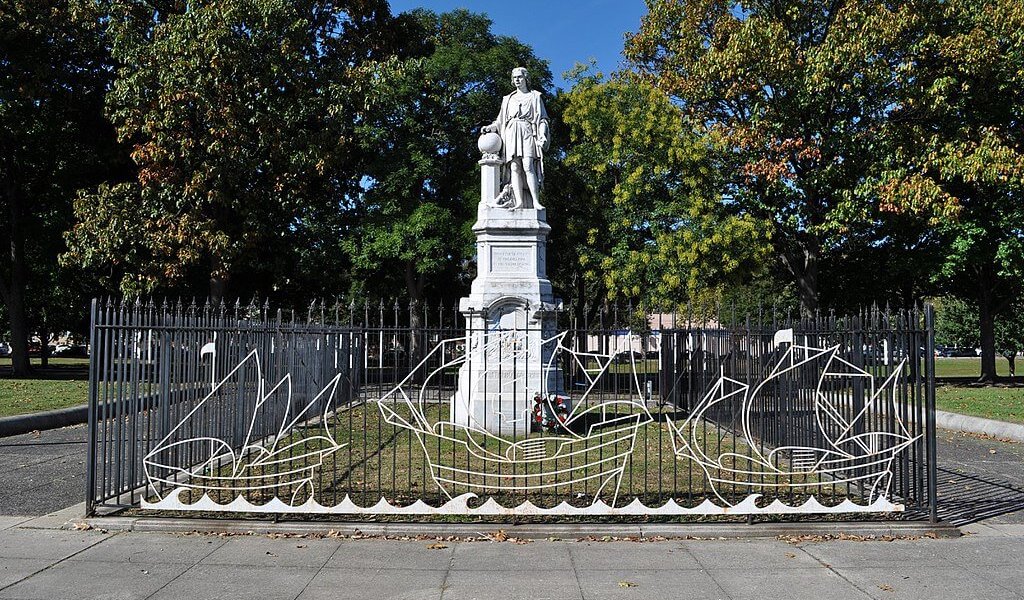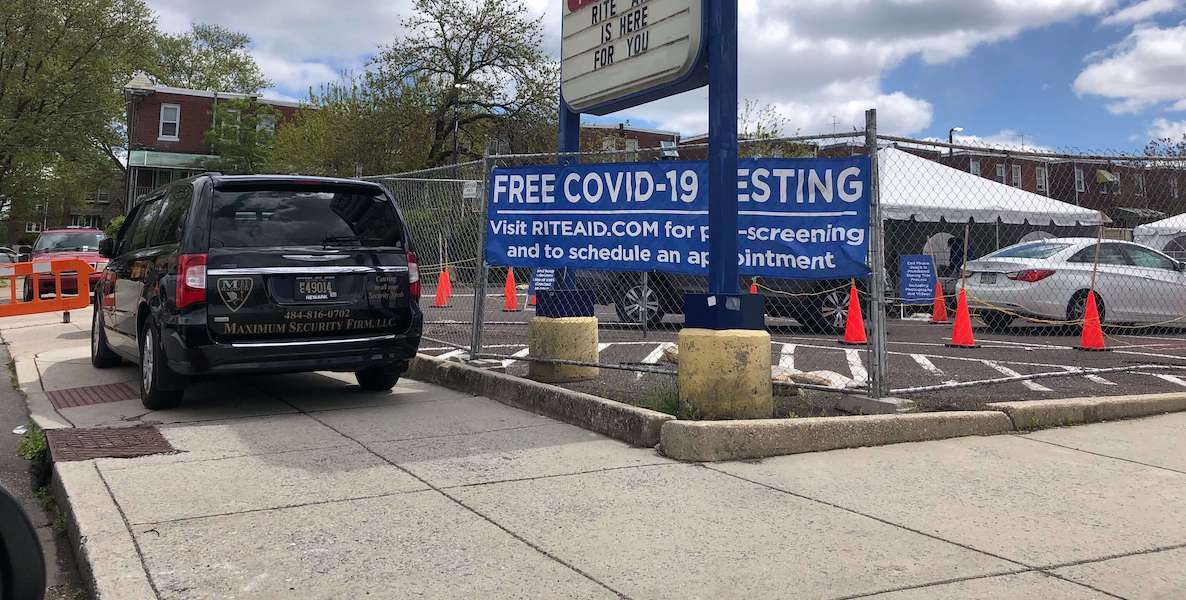![]() Philly hasn’t been in the national news this much since the summer of 1787. With its mail-in ballot returns pushing Joe Biden over the edge in Pennsylvania and thus in the Electoral College, the city is being showered with praise from the left.
Philly hasn’t been in the national news this much since the summer of 1787. With its mail-in ballot returns pushing Joe Biden over the edge in Pennsylvania and thus in the Electoral College, the city is being showered with praise from the left.
Meanwhile, it’s being demonized as a hotbed of corruption and fraud on the right. In the words of President Trump: “Bad things happen in Philadelphia.”
But good things have happened and still do happen in Philadelphia, too, and it might be worth studying those developments in a bit more detail. In the face of two of our biggest challenges—our deep political contempt and our pervasive social alienation—the city has a lot to offer America by way of example.
Through its contributions to the theory of American government and its citizens’ ongoing work in strengthening civil society, Philadelphia past and Philadelphia present put forth workable ways of dealing with our present difficulties. With Philadelphia as our guide, we can begin to overcome our seemingly insurmountable political challenges while also forging a more cohesive, loving society outside of the halls of government.
When the framers of the Constitution gathered in Philadelphia in the summer of 1787, they were confronting a crisis: The weak bonds holding the young Confederation together were threatening to snap.
“Through its contributions to the theory of American government and its citizens’ ongoing work in strengthening civil society, Philadelphia—past and present—put forth workable ways of dealing with our present difficulties.”
James Madison fretted of “a partition of the Union into three more practicable and energetic Governments,” and he desperately hoped to prevent this “great…evil” via a successful nationalizing Constitutional Convention in Philadelphia. While Madison feared regional disintegration, George Washington lamented Americans’ refusal to embrace their “National character” and worried that a 13-way dissolution was imminent.
To shore up the nascent nation, Madison and his colleagues at the Philadelphia Convention penned a Constitution that was, in the words of Harvard Law School’s Michael Klarman, “stunningly nationalist.”
![]() The Constitution (partially) apportioned representation in the federal Congress on the nation as a whole, and it granted the federal government the power to tax, spend, and regulate interstate commerce. But even as it tied the nation together economically, it did not mistakenly aim to unite Americans where they could not be united.
The Constitution (partially) apportioned representation in the federal Congress on the nation as a whole, and it granted the federal government the power to tax, spend, and regulate interstate commerce. But even as it tied the nation together economically, it did not mistakenly aim to unite Americans where they could not be united.
Imbued with the pluralistic insights of those like William Penn, our constitutional structure left the great moral questions of politics up to the states—questions of established religion and criminal justice, for example. And although it was rather agnostic as to the question of slavery, thereby allowing this evil to fester for decades, the sad reality is that definitively deciding the question of slavery one way or another would have broken the Union before it had even fully formed.
By keeping the South in the Union, the Constitution linked the concerns of northerners—who would grow increasingly anti-slavery in the ensuing decades—to the South, their fellow countrymen. Compromise on our original sin would lay the groundwork for our violent and (still ongoing) redemption.
While not making the same mistakes of the past by allowing decentralized governance to run roughshod over human rights, we need to rediscover the wisdom of the Constitutional structure the framers penned in Philadelphia.
![]() We’re not meant to resolve sticky moral and cultural questions at the highest level of government. Our system invites us to debate and legislate on these matters within our states and localities, so long as we don’t violate any of the bedrock individual rights protections enshrined in the Bill of Rights.
We’re not meant to resolve sticky moral and cultural questions at the highest level of government. Our system invites us to debate and legislate on these matters within our states and localities, so long as we don’t violate any of the bedrock individual rights protections enshrined in the Bill of Rights.
When we look out over our deeply divided nation, brimming with differing conceptions of justice, we should take solace in the fact the great experiment penned in Philadelphia does not call on us to resolve these differences at the most central level of government. Instead, thanks to mechanisms like federalism, it provides us with ways to live and flourish together as individuals and local communities even as we disagree on some of the biggest questions in political life.
And as important as lowering the temperature on our politics is, the devolution- and federalism-oriented lessons of the Philadelphia Convention are not the only ways in which the city can serve as a beacon for the rest of the U.S.
“While not making the same mistakes of the past by allowing decentralized governance to run roughshod over human rights, we need to rediscover the wisdom of the Constitutional structure the framers penned in Philadelphia.”
While division mars contemporary American politics, alienation mars contemporary American social life. Alienated from faith, family, work, and the other institutions that provide much-needed meaning and scaffolding to our lives, too many Americans are falling into hopelessness, chronic unemployment, and even “deaths of despair.”
This is where civil society—the churches and community organizations that stand between the individual and the state—must come in. In Philadelphia, organizations like South Philadelphia’s The National Shrine of Saint Rita of Cascia doggedly work to reconcile and heal Philadelphians. In addition to offering a regular schedule of prayer and ministry, the shrine steps up when the city is hurting.
![]() In the face of the Covid-19 pandemic, St. Rita’s has convened a support group for unemployed people and those experiencing job loss, where they gather for professional, emotional, and spiritual support. The group convenes people from every walk of life (diverse in age, race, socioeconomic status, and religion) to find common ground, support, and healing as they struggle to support themselves and their families.
In the face of the Covid-19 pandemic, St. Rita’s has convened a support group for unemployed people and those experiencing job loss, where they gather for professional, emotional, and spiritual support. The group convenes people from every walk of life (diverse in age, race, socioeconomic status, and religion) to find common ground, support, and healing as they struggle to support themselves and their families.
Fortified by the example of St. Rita herself, who reconciled the feuding families of her husband and her husband’s murderer in medieval Italy, the shrine provides ministries to Philadelphians most in need—like the family members of victims of homicide who have attended the shrine’s interfaith prayer services focused on healing, renewal, and reconciliation.
While plagued by pervasive poverty and persistent violence, Philadelphia is also home to faith and community organizations like St. Rita’s—organizations that are actively working to bridge divides, give direction, and foster meaning in the lives of all those who walk through its doors.
Thus, as the nation momentarily centers its attention on Philadelphia with the election results posted and the lawsuits proliferating, it should take this opportunity to learn from the City of Brotherly Love.
The government created by the framers in Philadelphia and the work of community healing carried out by organizations like St. Rita’s today, when coupled together, proffer a way out of our toxic politics and social malaise.
Good things do happen in Philadelphia. It’s best that we all pay attention.
Thomas Koenig is a recent Princeton University graduate who will be attending Harvard Law School in the fall of 2021. Follow him on Twitter @TomsTakes98.
Independence Hall. Photo by J. Fusco for Visit Philadelphia.





